
What Type of Lawyer Handles Wrongful Termination and Unlawful Firing Cases?
Unlawful firing can devastate your career and finances, but the right type of lawyer can help you fight back.
Protect your rights, contact us today!

Unlawful firing can devastate your career and finances, but the right type of lawyer can help you fight back.
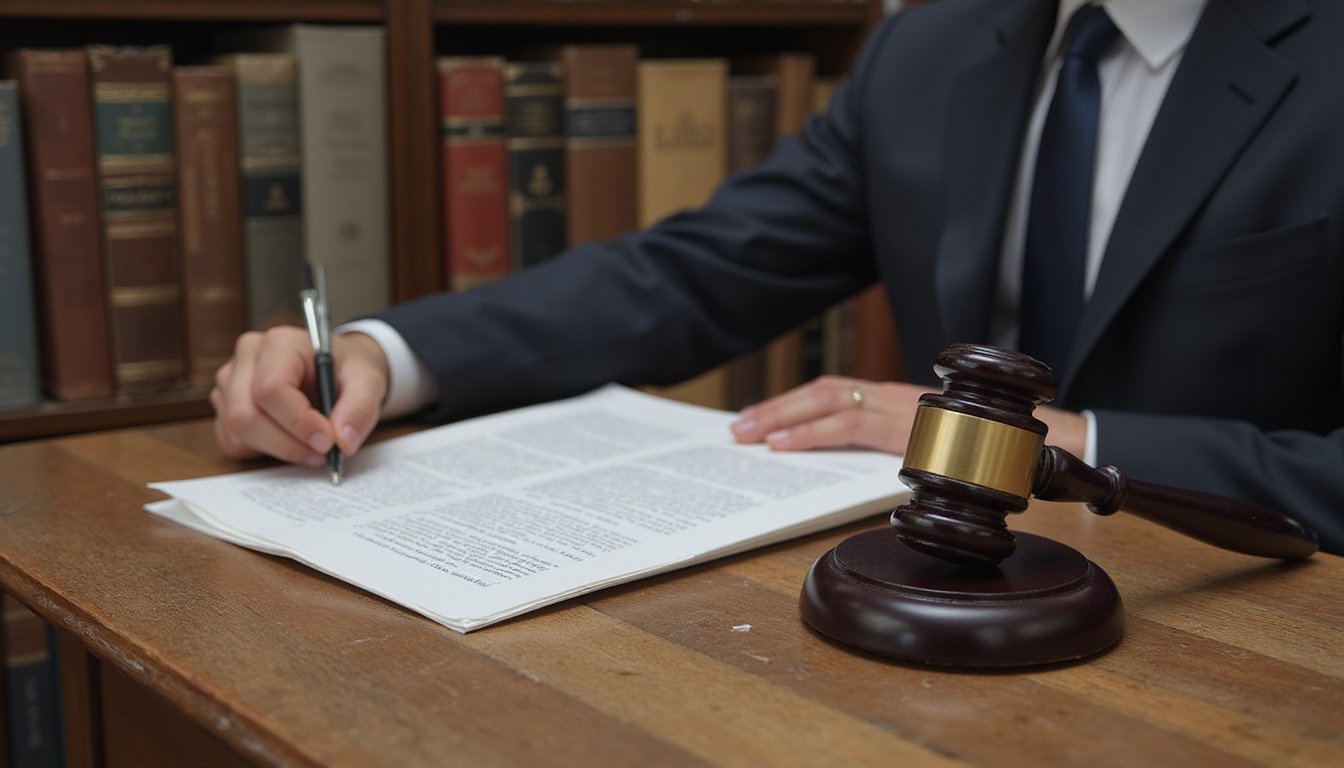
Being fired unfairly and being fired illegally are vastly different, and only one gives you a case worth pursuing.
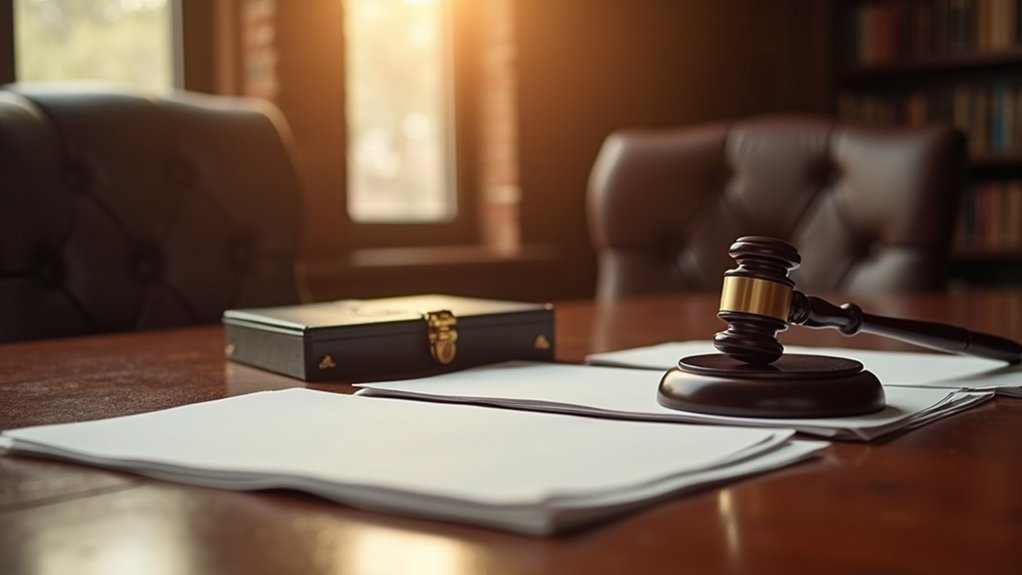
Fired unfairly? Discover when wrongful termination lawyers step in and the crucial evidence they gather to dramatically boost your chances.

Get expert tips on finding the perfect wrongful termination lawyer, but one crucial factor could make or break your case.

Know which 14 states still have sodomy laws on the books, and why these unenforceable statutes continue to cause legal trouble.

Learn how Missouri’s statutory sodomy laws define criminal conduct and why consent is never a valid defense, the penalties may shock you.
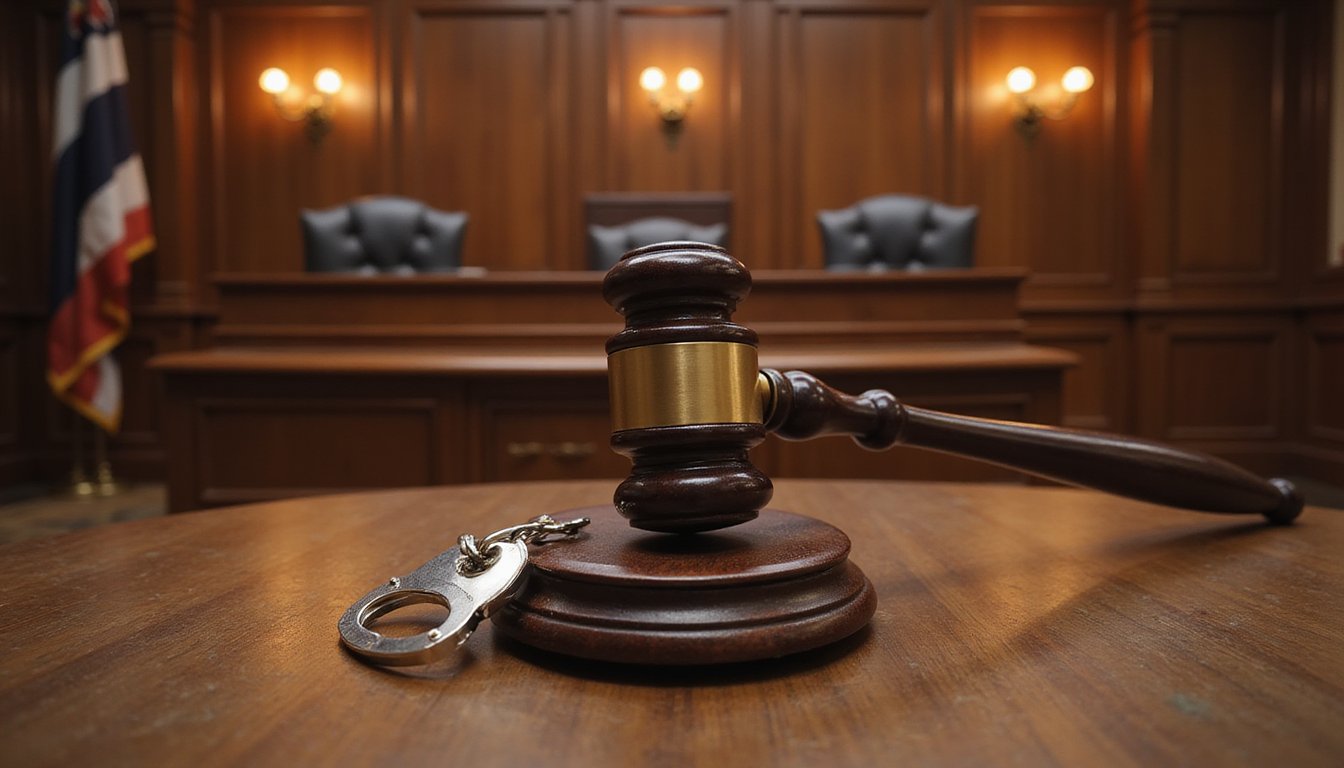
Need to understand Georgia battery charges? Discover the crucial differences that could determine whether you face misdemeanor or felony consequences.
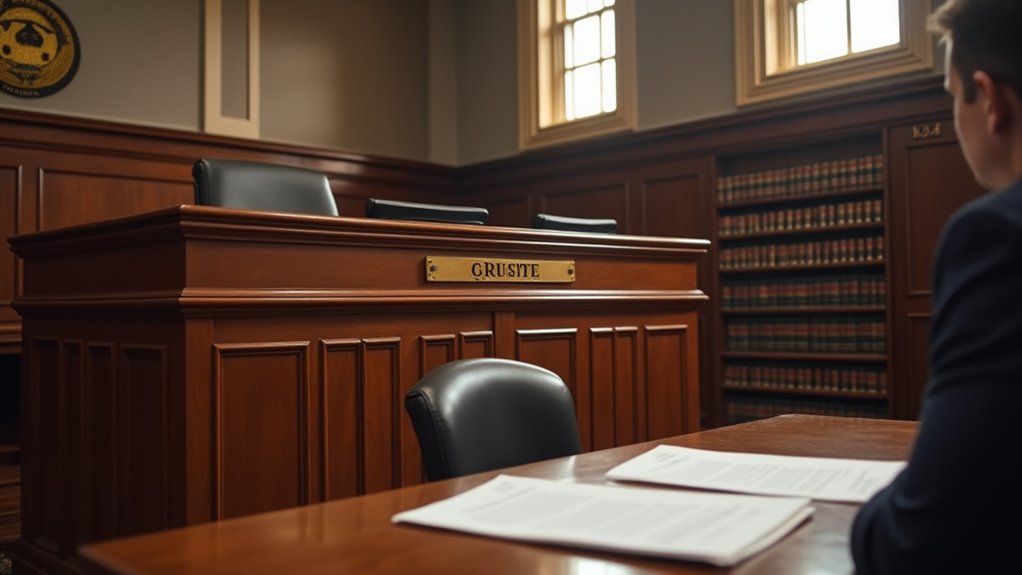
A battery charge in Georgia can result in jail time and hefty fines, but what happens next could change everything.
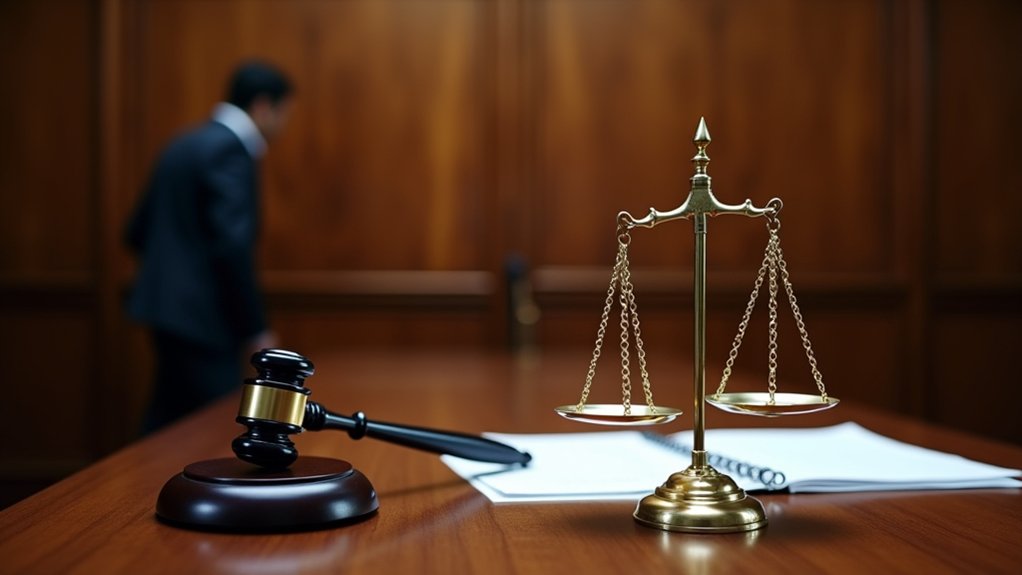
Master the critical distinctions between simple battery and battery charges in Georgia before one wrong move changes everything.

Facing assault or battery charges in Georgia means understanding one critical distinction that could determine your future.
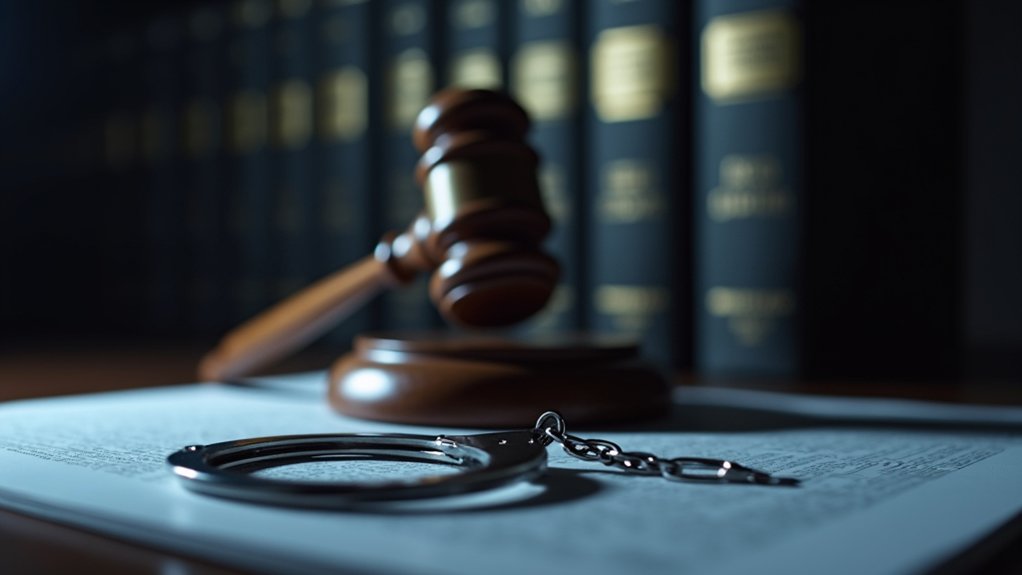
The difference between a misdemeanor and 20 years in prison depends on factors you might not expect.
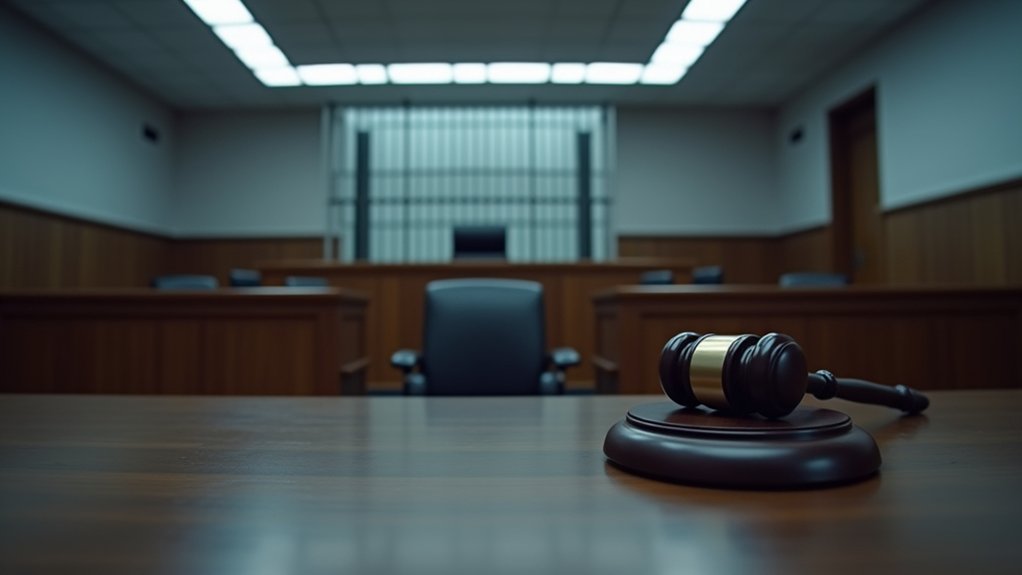
Facing battery charges in Georgia could mean anything from probation to 20 years behind bars, your future depends on one critical factor.

Hiring a wrongful termination lawyer could mean the difference between a $19,200 and $48,800 settlement, but timing matters.

Uncover the precise legal definition of sodomy and why jurisdictional differences in terminology could dramatically affect your case.

Learn how sodomy charges vary by degree and why the specific circumstances of your case could mean the difference between years and life.

Have questions about Georgia’s sodomy laws and how the *Lawrence v. Texas* ruling changed everything for consenting adults?
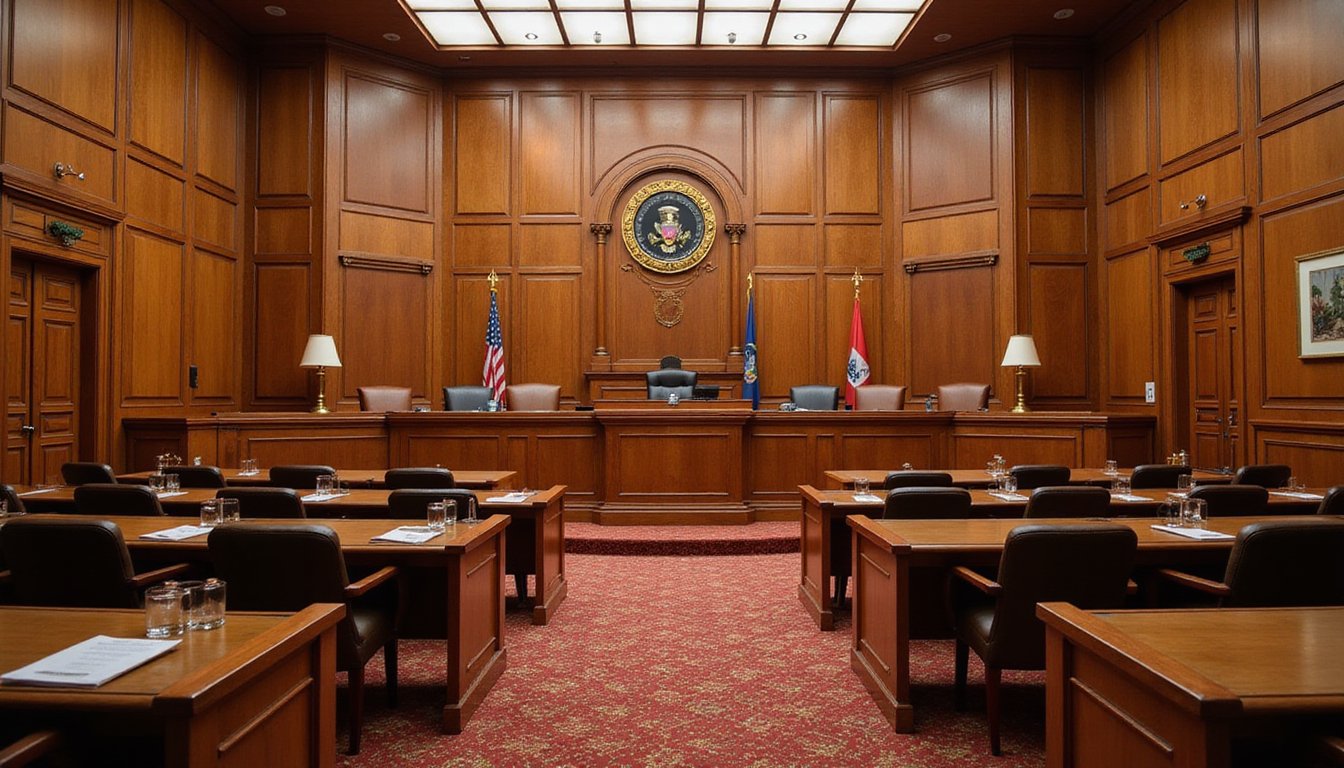
Harsh penalties await those facing sodomy charges, but understanding the critical difference between standard and aggravated charges could change everything.
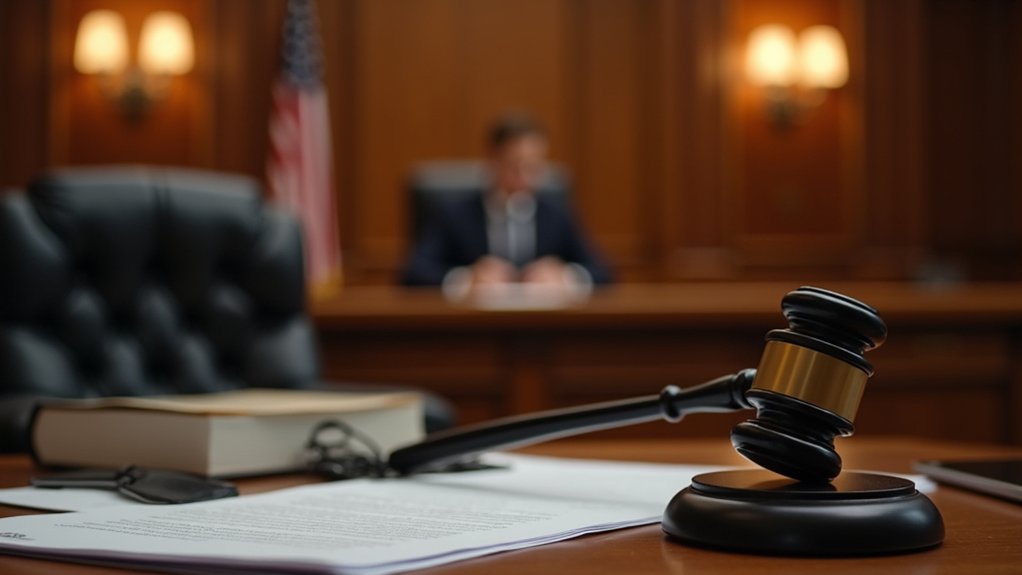
Just discovered a DUI charge can crumble when you know these seven defense strategies prosecutors hope you never learn.
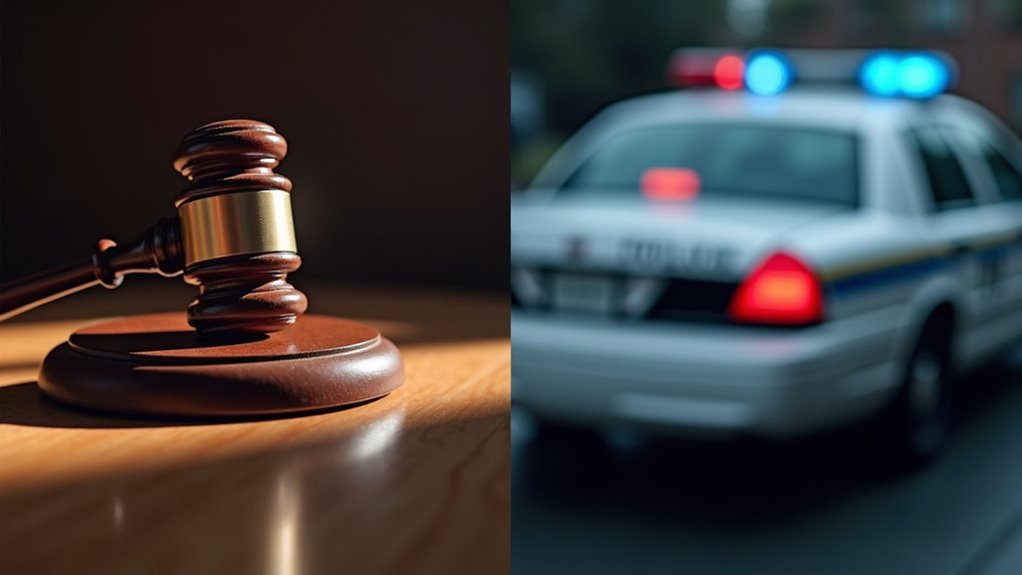
Overturning a DUI charge requires strategic attacks on evidence most people assume is bulletproof, discover what prosecutors hope you never learn.
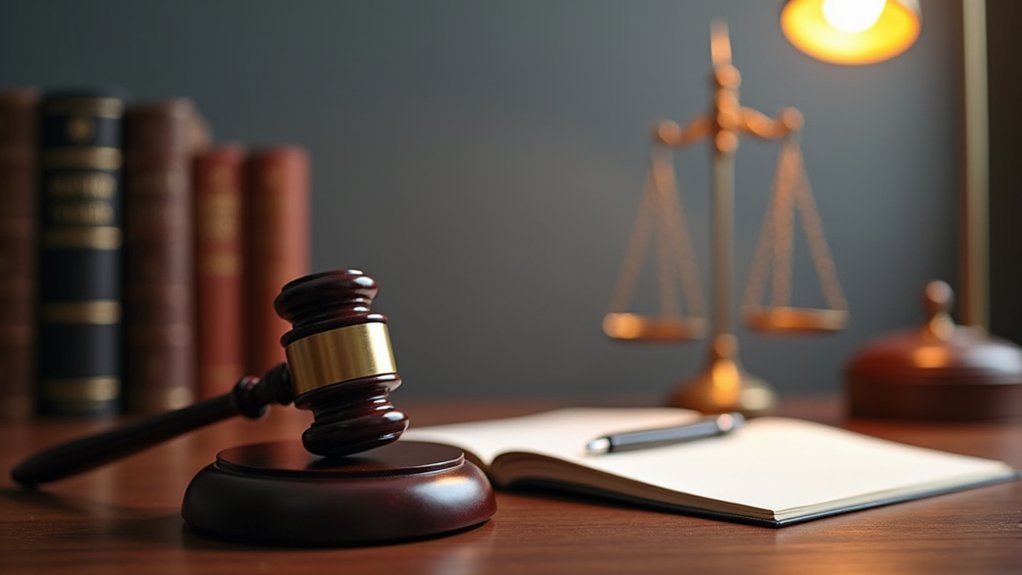
Uncover the critical defense strategies that could determine your case outcome, but one overlooked tip catches most first-timers off guard.